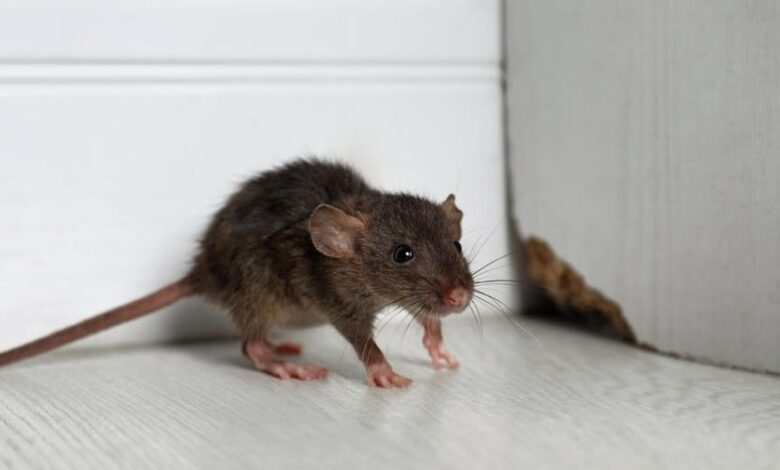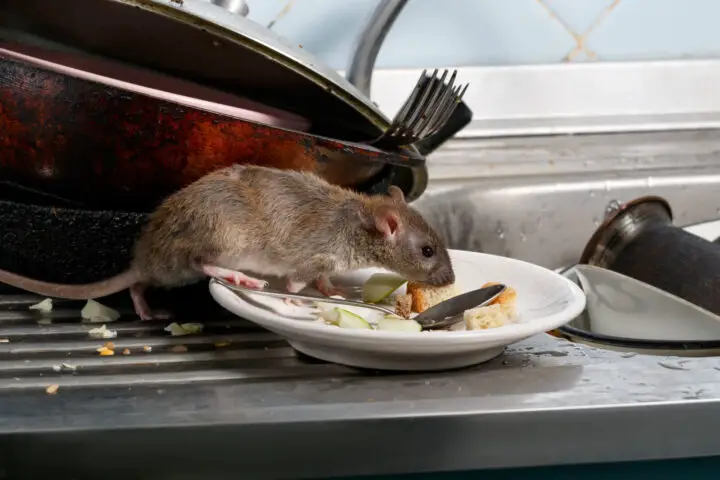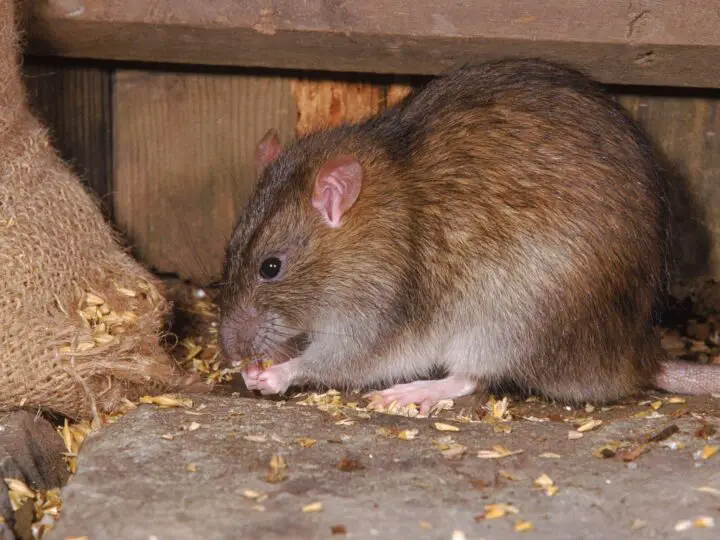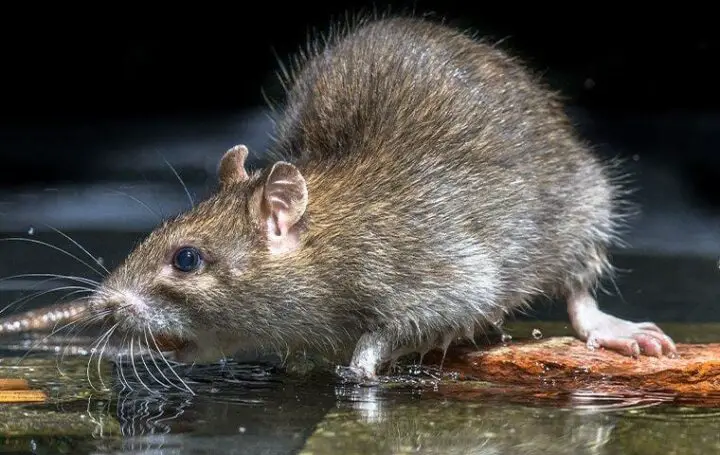How Long Does it Take to Get Rid of Rats and Mice?

Since the first city was founded by humans, rats have coexisted closely with people, and their numbers have increased along with urbanization. Although native rats and rodents exist on every continent, diverse species have spread due to commerce and migration and have evolved to suit various environments. When rats remain in the wild, that’s all well and good, but when they become overly accustomed to your home and yard, there may be significant repercussions.
Rats are challenging and deadly pests in the house for the same reasons that have made them so successful in spreading throughout the world. You must be aware of what you’re up against and know how to deal with an infestation if you want to prevent the health and property dangers that rats can present in your home. However, contacting a qualified rat exterminator is frequently the best course of action.
The length of time it takes to get rid of rats from your house or garden will be covered in this article.
Why Are Rats So Difficult to Control?

Attics and crawl spaces are familiar places in houses and other buildings where mice are drawn to the dark, warm, and quiet conditions. For transportation at night in search of food and water, they use the walls as their little rodent expressway. They frequently go unnoticed, growing in number until they become an infestation. When you have an infestation, noises from behind your walls, such as chewing and scratching, can be heard. At the very least, these sounds and the knowledge that they exist can be unsettling.
While a single mouse can exist and be seen indoors, more often than not, if you find a live mouse in your house or business, there are more around. Live mouse sightings, particularly during the day, typically indicate that the rodent nest has been disturbed or that the nest is becoming insufficient for the expanding mouse population.
Visit rodentcontrolinc.com to learn about local rodent control.
What Is the Time Frame for Mouse Removal?
It often takes a whole month and probably a few additional follow-up service calls from your qualified pest control professional to get rid of mice if you live in a typical residential neighborhood. When there is a mouse infestation, the population expands quickly and is always made up of mice of all ages (from babies to adults). All the young mice must mature, go out in search of food on their own, and consume the bait to get rid of the mice.
Rodents will always be a pest control problem if you live in the country or on a farm. Your best line of defense and remedy is a monthly rodent program. After the pest control specialist has put the rat bait program in place in your home or business, you might continue to hear or witness rodent activity for up to four weeks.
Finding blue-green droppings, the product of a rodent that consumed the bait and has since died, is a sign that the baiting program is effective. After a month, if you still see live mice or fresh black droppings, call your pest control company to let them know so they can change the bait schedule.
How Long Does Rat Poison Take to Kill a Rat?

Even in pest management, the use of rat poison is contentious. Rats are scavengers by nature, and they will consume everything and everything that is placed in their way. So, if you want to regain control, one of the quickest methods to end a rat’s life is to feed it poisoned food.
The poisonous components of the most effective rat poisons and rodenticides, like anticoagulants, which are meant to thin the blood and stop it from clotting, are practical. Both single and multiple feed baits can be purchased off the shelf, depending on the poison’s potency.
The usage of rat poison may be subject to tight regulations in some countries, but it is crucial to note.
You must adopt alternate ways because rat poison can have negative consequences on both children and animals. However, poison can be prosperous for rat infestations if it’s the only method to get rid of rats in your house, all entryways have been secured, and traps are ineffective.
Contrary to classical poisons, which are typically repulsive to rats, anticoagulant poisons are lethal to them. It will take anticoagulants some time to poison a rodent’s system, so it’s crucial to be patient and replenish the bait as soon as you realize it’s gone missing. Anticoagulants typically kill mice and rats in 2-3 days and 3-6 days, respectively.
Since rodents’ systems might vary depending on a number of conditions, a specific timetable cannot be supplied. Do not be alarmed if the bait hasn’t been consumed for a day or two because rodents can be particular about the types of bait they eat. Additionally, internal bleeding will take a larger rodent a more extended time to poison it thoroughly.
How To Keep Rats Away?
There are various steps you may take to ward off a rat infestation and deal with current rodent issues. But ultimately, consulting professionals is the only surefire approach to stop a rat infestation for good. Rats are difficult to eradicate because they have evolved over thousands of years to live covertly in our shadows. When people discover they have rats, the infestation has probably already grown out of hand.
The only way to get a guaranteed answer to your rat problems is through rat extermination, which is more expensive than attempting to handle the issue alone. In the long term, rat removal and prevention will save you time and money instead of manually getting rid of infestation after infestation. Not only are you paying to get rid of the rats, but you’re also paying for future peace of mind.
Conclusion

If the bait hasn’t been consumed for a day or two, don’t be alarmed because certain types of bait might make rodents finicky. Additionally, internal bleeding takes a longer amount of time to poison a larger rodent ultimately. Pest control is probably your best option to think about if DIY remedies aren’t working.

